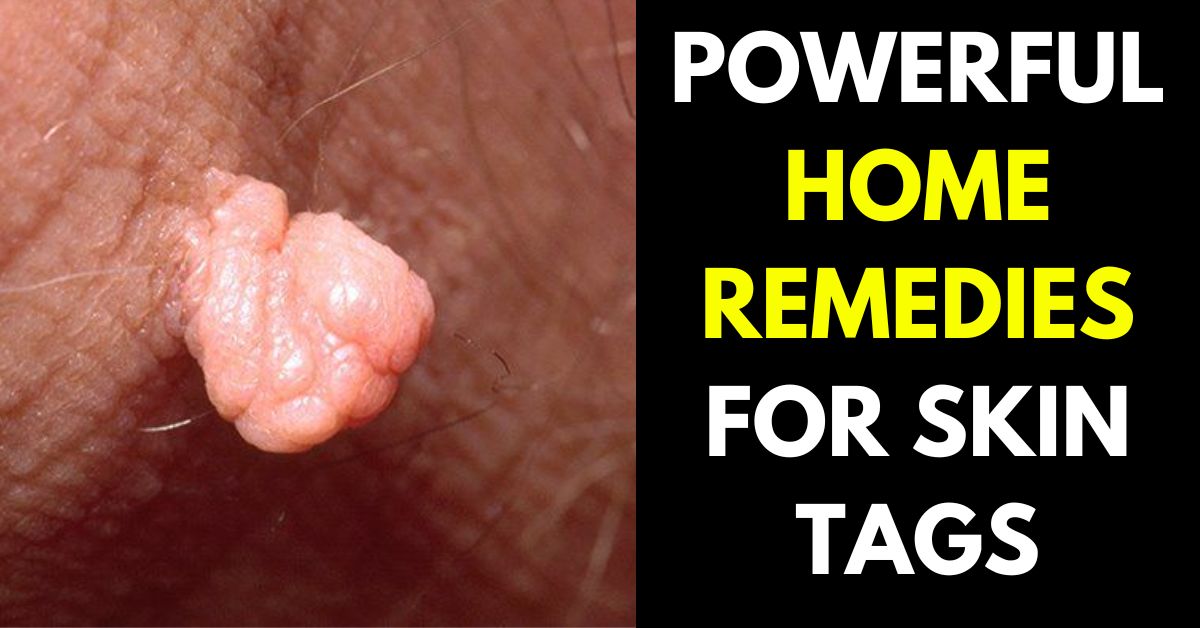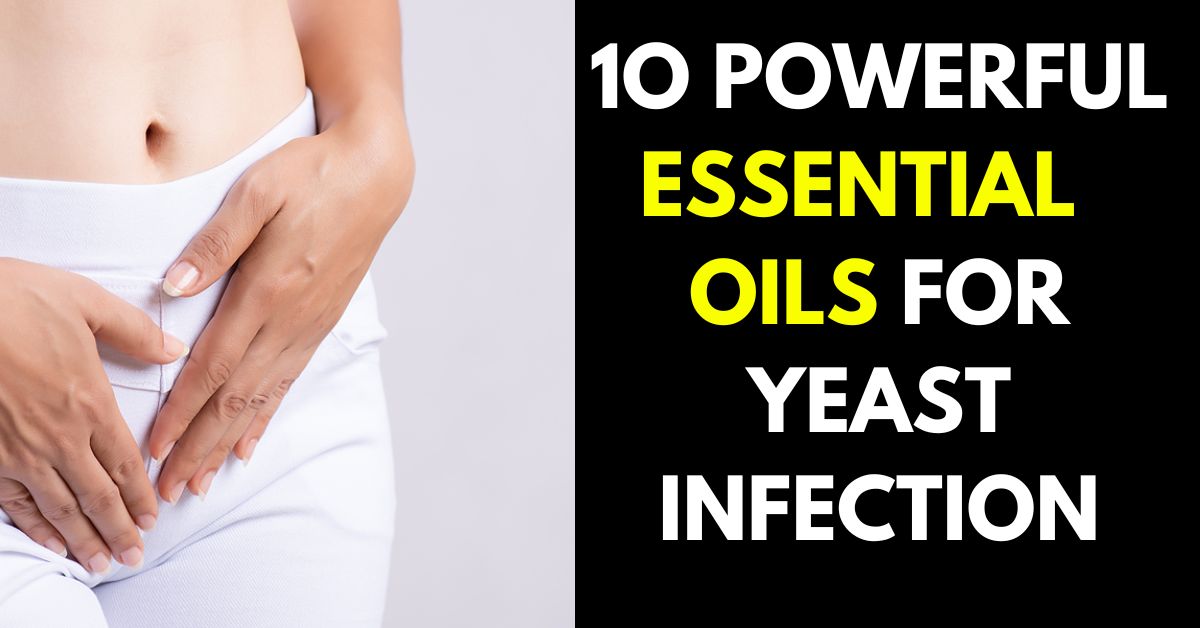Do you ever find yourself in a social setting, suddenly experiencing an uncomfortable itching sensation in your intimate area? This can be an embarrassing and stigmatizing issue for many women, whether it occurs in their youth or during pregnancy, or post-partum.
There are numerous causes of vaginal itching, but fear not, as we will explore possible solutions and home remedies for this common condition.
Let’s start by understanding the root causes of this issue.
What Causes Vaginal Itching
Vaginal itching is a common issue that can be caused by various factors. It can be caused by infections, lifestyle choices, or the use of certain products that irritate the sensitive skin around the genital area. In some cases, minor vulva itching can resolve on its own without medication, simply by avoiding the irritants.
However, if the itching extends beyond the vulva and feels deep within the vaginal area, it may be a sign of a more serious underlying issue such as an infection, hormonal imbalance, or other medical condition.
The following are some of the main causes of vaginal itching:
- Bacterial infections, such as vaginitis
- Fungal infections, such as yeast
- Sexually transmitted diseases, such as genital warts and herpes
- Vaginal dryness due to hormonal changes (such as during menstrual cycles, pregnancy, or menopause)
- Exposure to chemical irritants in scented products like soaps, creams, pads, and sprays
- Certain types of underwear material irritate the skin around the vulva
- Wearing wet underwear that hasn’t been properly dried
- Regular use of oral contraceptives containing synthetic estrogen
- Douching regularly
- Razor burns and bumps
- Exposure to extreme weather conditions
- Skin disorders, such as eczema or psoriasis, that affect the vulva
- Pubic lice infestation
- Uncontrolled diabetes
- High levels of stress
- Long-term use of antibiotics that disrupt the natural vaginal balance
- An impaired immune system
- Excessive alcohol consumption and smoking.
Symptoms of Vaginal Irritation
Common symptoms of vaginal irritation may include:
- Itching and dryness of the vulva, usually without discharge
- Pain during sexual intercourse
- Flushing or smooth, white patches in the area
- Blisters or bumps in the vaginal area.
Home Remedies for Vaginal Itching
Apple cider vinegar
Apple cider vinegar is a popular natural remedy known for its antibacterial and antiseptic properties. It can help fight infections and eliminate vaginal odor caused by bacteria and toxins.
A study conducted in 2014 found that ACV has antifungal properties against Candida fungus, making it a possible treatment option for yeast infections.
To perform a sitz bath, add one cup of ACV to a tub of lukewarm water and soak for 20 minutes. Repeat this for three consecutive days to eliminate harmful microorganisms and restore the pH balance in the vaginal area.
Coconut Oil
Coconut oil as a remedy for yeast infection: A study suggests that coconut oil can effectively kill Candida albicans, the cause of vaginal yeast infections. However, there is limited evidence of its effectiveness specifically for females.
To benefit from its antibacterial properties, it is recommended to use pure and fresh coconut oil without any chemical additives.
To use, apply directly to the vaginal area and wear a pad or panty liner as it may cause staining on underwear.
Yeast Infection Cream
While yeast infection is a common cause of vaginal itching, it is important to confirm the cause before using over-the-counter yeast infection cream.
If the yeast infection is the source of discomfort, these creams can help kill the yeast, clean the area, and reduce itching. When using these creams, clean the vaginal area thoroughly before application and wear a panty liner as they may cause staining.
Practicing Good Hygiene
The vagina has a natural self-cleansing process, but maintaining good hygiene can help prevent itching and other vaginal discomforts.
To keep the vulva (outer private area) clean, use lukewarm water and avoid using intimate cleansers, scented gels, or soaps, as their chemical content can irritate the vaginal area and cause allergic reactions.
Dietary Changes
Your food intake can impact the symptoms of itching in the vaginal area. To reduce frequent itching or infections, consider making dietary changes such as avoiding sugar, cheese, alcohol, and yeast-based foods like bread.
Instead, focus on consuming more vegetables, rice, and wheat to build immunity and reduce itching and burning sensations.
It is recommended to consult an expert for personalized dietary advice related to managing vaginal infections.
Baking Soda
When dissolved in water, it creates an alkaline solution that helps prevent the growth of fungus and relieve itching, swelling, and burning sensations.
To use, add a quarter cup of baking soda to a bathtub filled with two buckets of water and soak for a few minutes. However, there is limited information on the safety of using baking soda for vaginal itching.
Clove Baths and Oil
Cloves have been shown to have significant antioxidant and anti-inflammatory properties due to the presence of Eugenol. They contain antibacterial, antiviral, antifungal, and anticancer properties, making them useful in treating a variety of infections.
While there is no direct study linking clove oil to vaginal itching, many women have reported positive results after using it.
To make a clove bath, soak a medium-sized cup of cloves in a 2-liter water bottle for three days, and then use the resulting brown water to wash the vulva morning and evening. This antiseptic treatment can help reduce vaginal odor and itching.
Use a Cold Compress
If the itching is severe and unbearable, a cold compress can provide fast relief from the burning sensation around the vaginal area. By numbing the area, it reduces swelling, inflammation, and burning.
To use, place a few ice cubes in a clean cotton cloth, then place the ice pack on your vulva and vaginal area for a minute. Repeat the process 2-3 times a day for quick relief from itching.
Seeking Medical Attention for Persistent Vaginal Itching
If you experience severe and persistent vaginal itching that affects your daily activities and sleep, it’s important to seek medical help. Other signs that indicate a need for medical attention include:
- Recurrent itching within a short period of time, such as two weeks
- Pain while urinating
- Swelling, blisters, and unpleasant odor in the vulva
- Unusual increase in vaginal discharge that is gray, white, or green
- Discomfort during sexual intercourse





